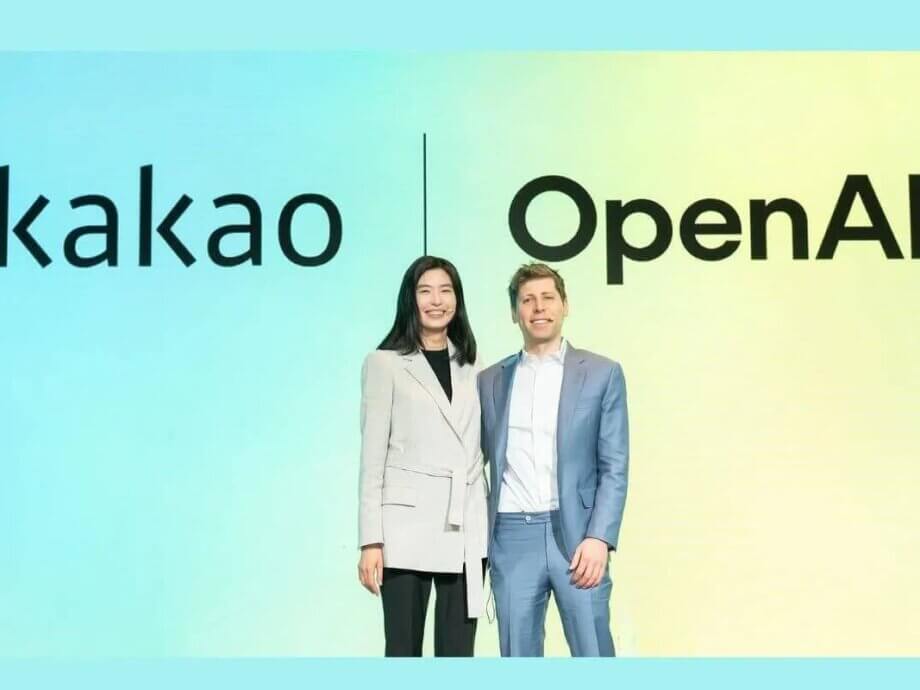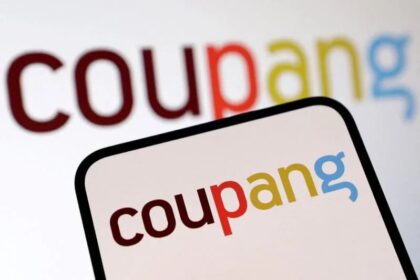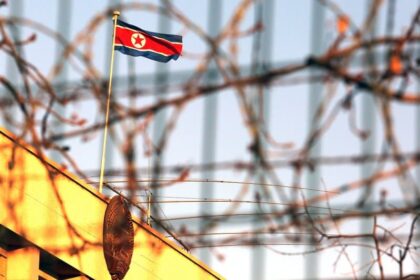South Korea’s Surprising Rise in Paid ChatGPT Subscriptions
South Korea has emerged as the world’s second-largest market for paid ChatGPT subscriptions, trailing only the United States. This headline, announced by OpenAI’s Chief Strategy Officer Jason Kwon during a press event in Seoul, has drawn global attention and sparked debate about what the ranking truly signifies for the country’s role in artificial intelligence (AI) adoption.
OpenAI’s announcement coincided with the opening of its new Seoul office, marking the company’s third major base in Asia after Tokyo and Singapore. According to Kwon, South Korea is now a top-five country for ChatGPT business users and ranks in the global top ten for both overall usage and developer activity on OpenAI’s API. Weekly active users in Korea have grown 4.5 times in the past year, a surge described as “off the charts” by OpenAI’s Asia-Pacific policy head, Sandy Kunvatanagarn.
Does Paid User Ranking Signal AI Leadership?
While the headline figure is impressive, experts caution against interpreting it as a sign of AI market dominance or technological maturity. Kang Jung-soo, director of the BludotAI Research Center, explains:
“Paid subscribers are just one piece of the story. You can be second in the world with only a small margin. It doesn’t mean you have a dominant or mature market.”
OpenAI has not released exact subscriber figures by country, and the global total of paying ChatGPT subscribers was around 20 million as of April 2025. Without a detailed breakdown, it’s unclear whether Korea’s ranking reflects a sustained trend or a temporary spike in subscriptions. The number of paid users, while notable, is only a fraction of the broader picture of AI engagement in the country.
Widespread ChatGPT Usage Driven by Digital Infrastructure
South Korea’s digital landscape is a key factor behind its rapid adoption of generative AI tools like ChatGPT. According to WiseApp, a Seoul-based analytics firm, 17.4 million Koreans—over a third of the population—used the ChatGPT mobile app in April 2025. This widespread usage is enabled by near-universal broadband access and a smartphone penetration rate exceeding 95%, as reported by Gallup Korea in 2023.
These conditions are difficult to replicate, even in other developed countries. In many parts of Europe, for example, AI tools face delays due to strict data protection laws and digital service regulations. In contrast, Korean users gained relatively early access to the latest AI models, giving them a first-mover advantage in experimenting with and integrating these technologies into daily life.
Culture and History Fuel Rapid Adoption
South Korea’s fast-moving society also plays a significant role. Professor Choi Byung-ho of Korea University’s AI Research Institute notes:
“This is a society that moves fast. Half the population lives in one metropolitan region. News, trends, apps … they spread overnight. AI tools don’t feel abstract here. They feel immediate.”
Historical events have shaped public attitudes toward AI. The 2016 match in which Google DeepMind’s AlphaGo defeated Korean Go champion Lee Sedol was a cultural turning point. Professor Choi explains:
“That wasn’t just a sports loss. It was a wake-up call. AI became something you couldn’t ignore. I think many Koreans still carry that sense that they have to stay ahead, or at least not fall behind.”
OpenAI’s Strategic Expansion in Korea
OpenAI’s decision to open a Seoul office underscores South Korea’s growing importance in the global AI ecosystem. The company is deepening partnerships with major Korean technology firms such as Kakao, SK Telecom, and Krafton, aiming to integrate advanced AI tools into popular platforms and accelerate AI infrastructure development across sectors.
Jason Kwon, OpenAI’s Chief Strategy Officer, highlighted the country’s strengths:
“South Korea presents one of the most promising markets for meaningful AI impact, combining exceptional talent with technological sophistication.”
OpenAI’s expansion is part of a broader initiative to strengthen international AI infrastructure and foster innovation. The company’s collaborations with local firms are designed to tailor AI solutions to Korean user preferences and business needs.
Recent Trends: Fluctuations in User Numbers
Despite the rapid growth, recent data suggests that ChatGPT’s popularity in Korea may be experiencing fluctuations. According to IGAWorks, ChatGPT’s user base in Korea dropped from 12.5 million in April to 10.17 million in May 2025. Experts attribute this decline to increased competition from other AI services and a saturation of initial curiosity among users. Nevertheless, ChatGPT remains a widely used tool, and ongoing developments are expected to influence future engagement.
What Does Korea’s ChatGPT Ranking Really Mean?
South Korea’s high ranking in paid ChatGPT users is best understood as a reflection of its advanced digital infrastructure, societal dynamics, and public awareness of AI, rather than a straightforward indicator of AI market dominance. The country’s rapid adoption of generative AI is driven by accessibility, cultural readiness, and a history of technological engagement.
In Summary
- South Korea ranks second globally in paid ChatGPT subscriptions, behind the US.
- Experts caution that paid user numbers alone do not indicate AI market maturity or dominance.
- Widespread ChatGPT usage in Korea is fueled by near-universal broadband and smartphone access.
- Cultural factors and historical events, such as the AlphaGo match, have heightened public interest in AI.
- OpenAI’s new Seoul office and partnerships with local tech firms reflect Korea’s strategic importance in the global AI landscape.
- Recent data shows fluctuations in ChatGPT user numbers, highlighting a dynamic and competitive market.












